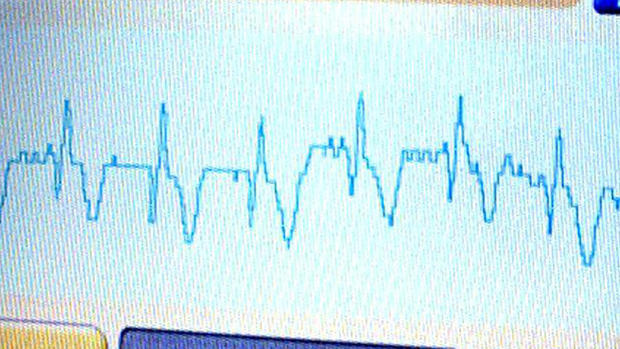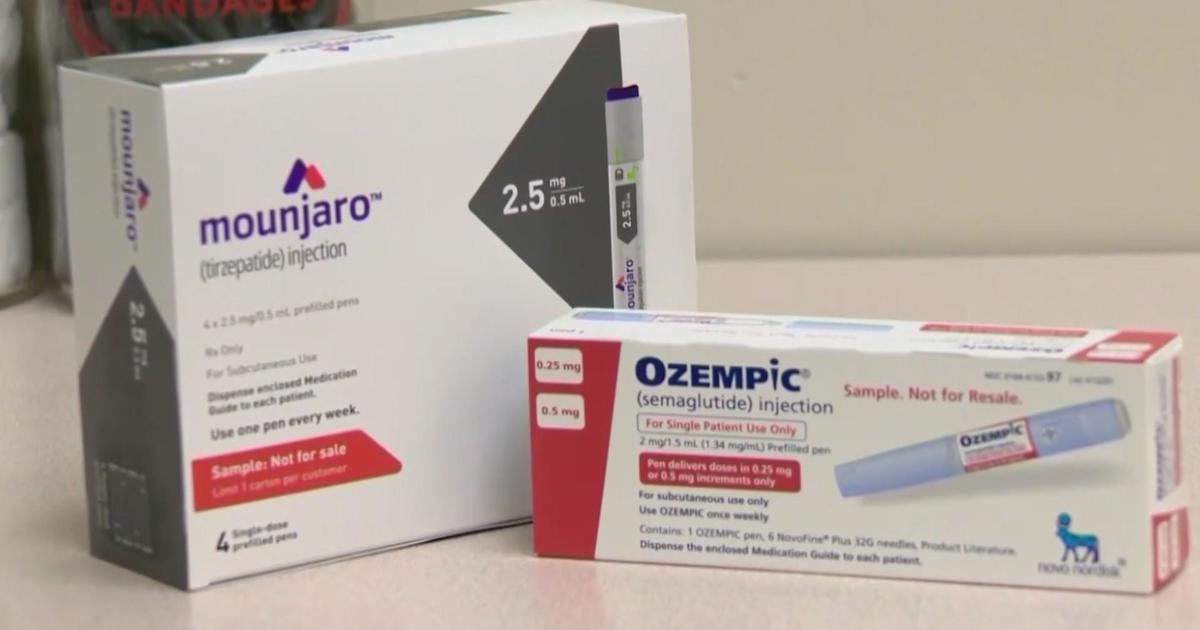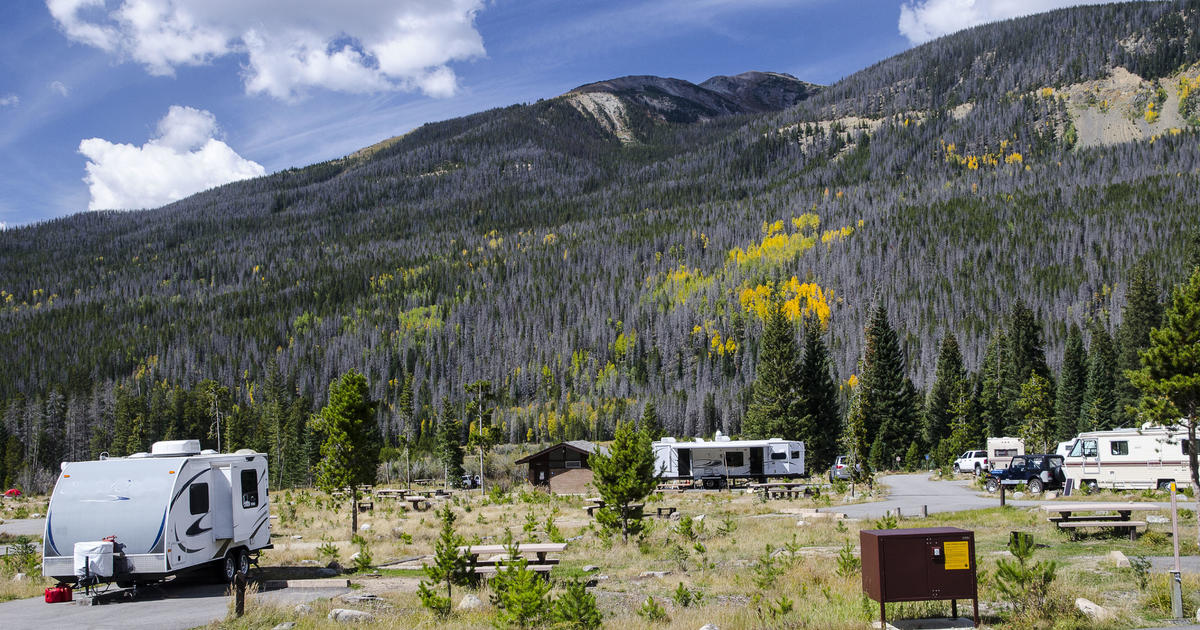The Holiday Heart Grinch
(CBS4) -Tis the season to be jolly… as well as the season to try and not have a coronary. Unfortunately, we known for decades that the heart and the holidays aren't necessarily a good mix, as heart attack rates tend to jump in the weeks before Christmas and New Year's.
This year, we bring you tidings of even more discomfort and joylessness--- scientists have gotten even more exact about the precise time the heart Grinch may have you in his sights: Christmas Eve, 10 p.m.
This Scrooge-like info comes from a new study in the British Medical Journal. It takes a look at more than 280 thousand heart attack cases in an effort to determine the days of the year people are most likely to clog up a heart artery and suffer a myocardial infarction, A.K.A a "heart attack".
And that day—and hour— turns out to be just before the time Santa is entering your zip code on his way to your chimney. On Christmas Eve at 10 p.m., heart attack rates jump by more than 37%.
Now this is a study that looks at more than 15 years of data.
Looking at a bigger, and longer period, we also know that the most common time for an acute heart blockage is on a Monday. So when does Christmas Eve fall this year? A Monday.
As Charlie Brown would say, "Good Grief!"
What's unusual, though, is that overall heart attacks are most common through the year between the hours of 6 AM and 10 AM. Researchers simply cannot explain what happens to your ticker that late night hour on Christmas Eve.
Here's a little more from the study.
Heart attack rates tend to jump on these holidays: Christmas Eve, Christmas Day, New Year's Eve, and New Year's Day.
On the other hand, rates did not spike during the Easter season or during major sporting events.
So what's holly-jolly person to do?
Well, most of the advice is pretty standard, such as keep your stress level down. (And when you figure that one out for us all, please let us in on the secret.)
Enjoy the goodies, but a lot of fat will increase your risk of a clot for about 4 hours after a big chow-down.
Watch the spirits--- especially those liquid ones (doctors will tell you alcohol is a known cardiac toxin---we see more atrial fibrillation and heartbeat irregularities before Christmas than any other time of the year).
Slow it down... and say no. In other words, you don't have to be the life of the party---at every party you can possibly go to.
Heck, treat yourself to a nap when you can.
Don't forget your medications in these busy times of the season.
Help out those who may be extra lonely this time of the year. Loneliness places a tremendous strain on the heart.
And most importantly, don't ignore symptoms! Chest discomfort, nausea, shortness of breath, sweatiness, dizziness, or just not feeling right. Get checked out!
Sorry for the not-so-festive holiday news --- but done wisely, it can be the most "wonderful time of the year."
Happy and Healthy Holidays!
Dr. Dave Hnida is CBS4's Medical Editor. He blogs about the latest studies and trends in the health world. Read his latest blog entries, check out his bio or follow him on Twitter @drdavehnida




